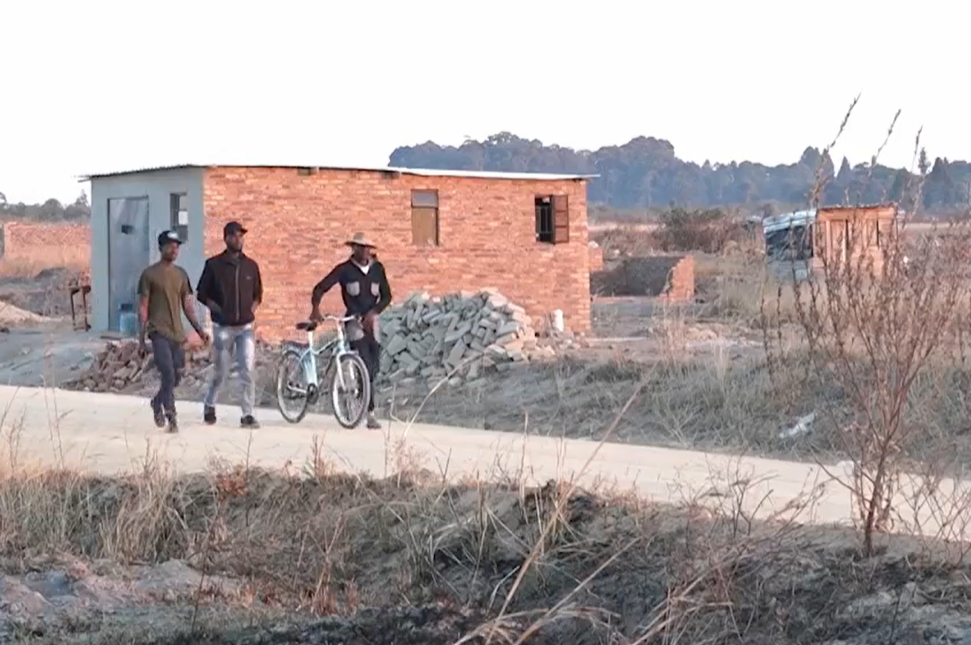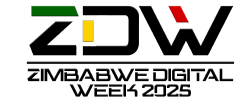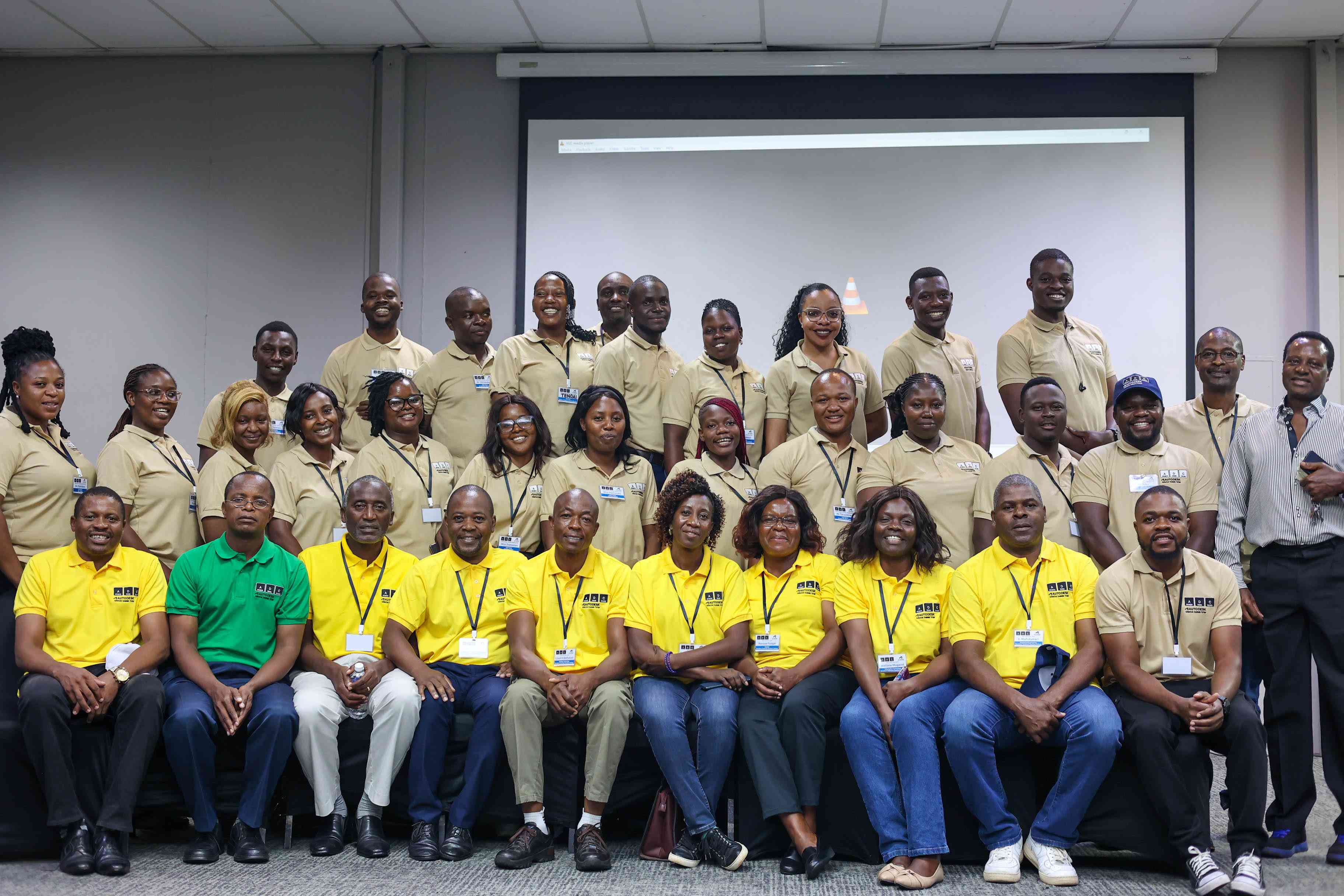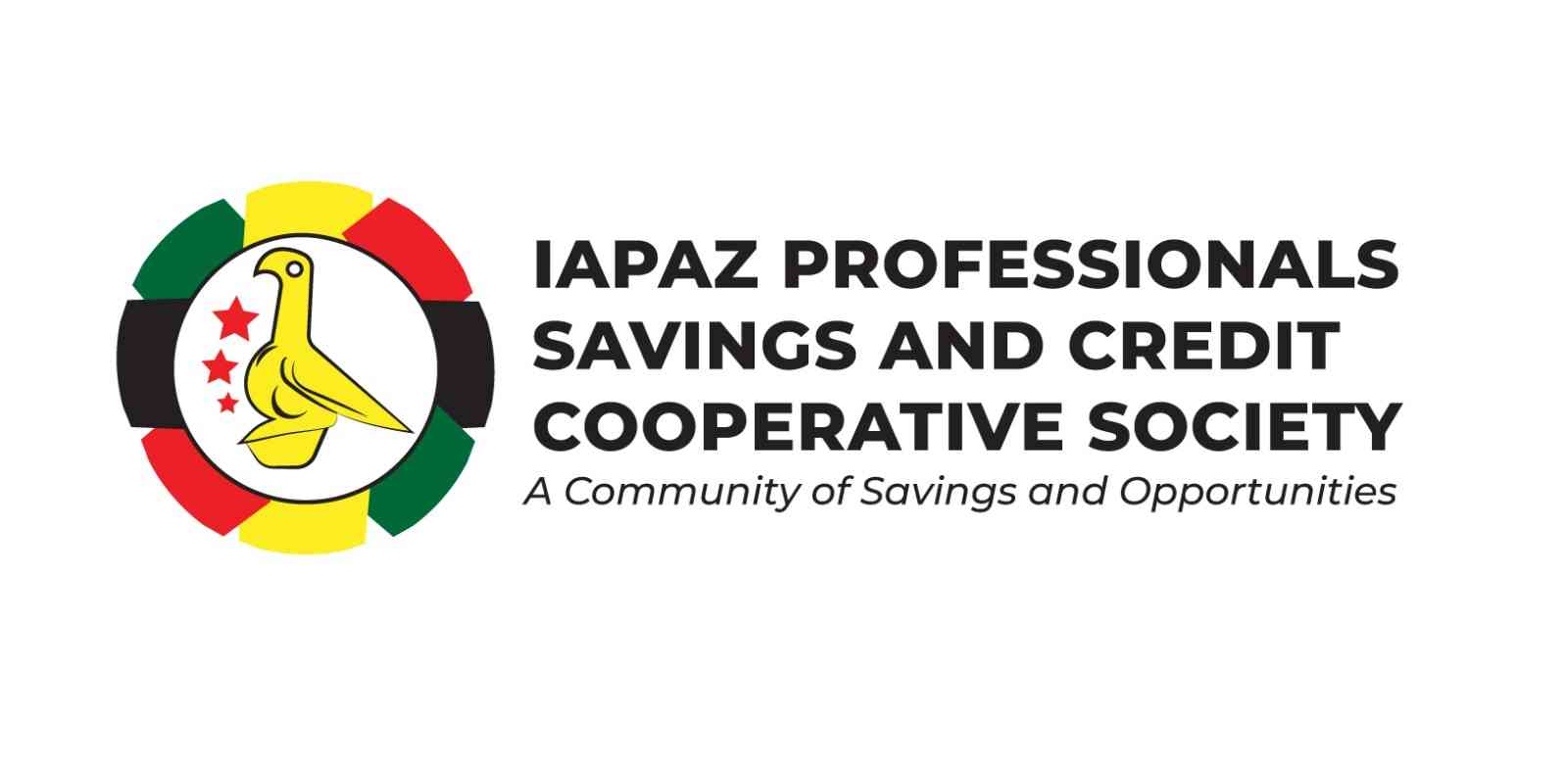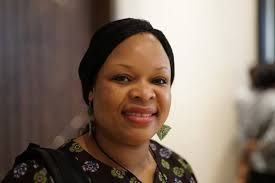
WOMEN Coalition of Zimbabwe (WCoZ) last week launched a journal documenting 80 years of the women’s rights movements and activism in Zimbabwe specifically meant to highlight women’s contribution to development in the country.
BY TINASHE MUCHURIThe journal is titled A Beautiful Strength.
WCoZ national director, Sally Ncube, told NewsDay that the publication — co-edited by women’s rights activist Isabella Matambanadzo and a University of Zimbabwe sociologist Rudo Gaidzanwa — was meant to fill up the yawning gap of created by the erasure of women from the country’s development history.
“From 1936 women have been working hard for the liberation and development of this country, but we realised that those writing the history of who did what left out the work done by women,” she said.
Ncube said it was disturbing that the role played by women in Zimbabwe’s struggle for independence has been skipped in the pages of history and it was important to correct that error.
“They were not writing about our story, what we did, where we are, our aspirations and what we want to be. We sat down together as women and agreed to come up with a written evidence of what we did as a legacy for the coming generations from all over the world and local to know and understand the history of gender, human rights and women rights activism in Zimbabwe,” she said.
She said the journal, which was compiled by WCoZ and published with support from Urgent Action Fund-Africa, will be used by next generations so they can appreciate the history of women empowerment in the country.
Rejoice Timire of the Disabled Women Support Organisation, who was among the contributors to the journal, said she was happy to be part of the process as she contributed information about women with disability.
- Chamisa under fire over US$120K donation
- Mavhunga puts DeMbare into Chibuku quarterfinals
- Pension funds bet on Cabora Bassa oilfields
- Councils defy govt fire tender directive
Keep Reading
Officiating at the journal launch ceremony, Urgent Action Fund-Africa executive director, Ndana Bofu-Tawamba said the publication justified the fact that there is a women’s activism movement in Zimbabwe.
Veteran publisher, Irene Stanton of Weaver Press, encouraged women to continue mining for information that has gone under with many women organisations that have folded and the literature of the work they did is no longer in the public domain.

